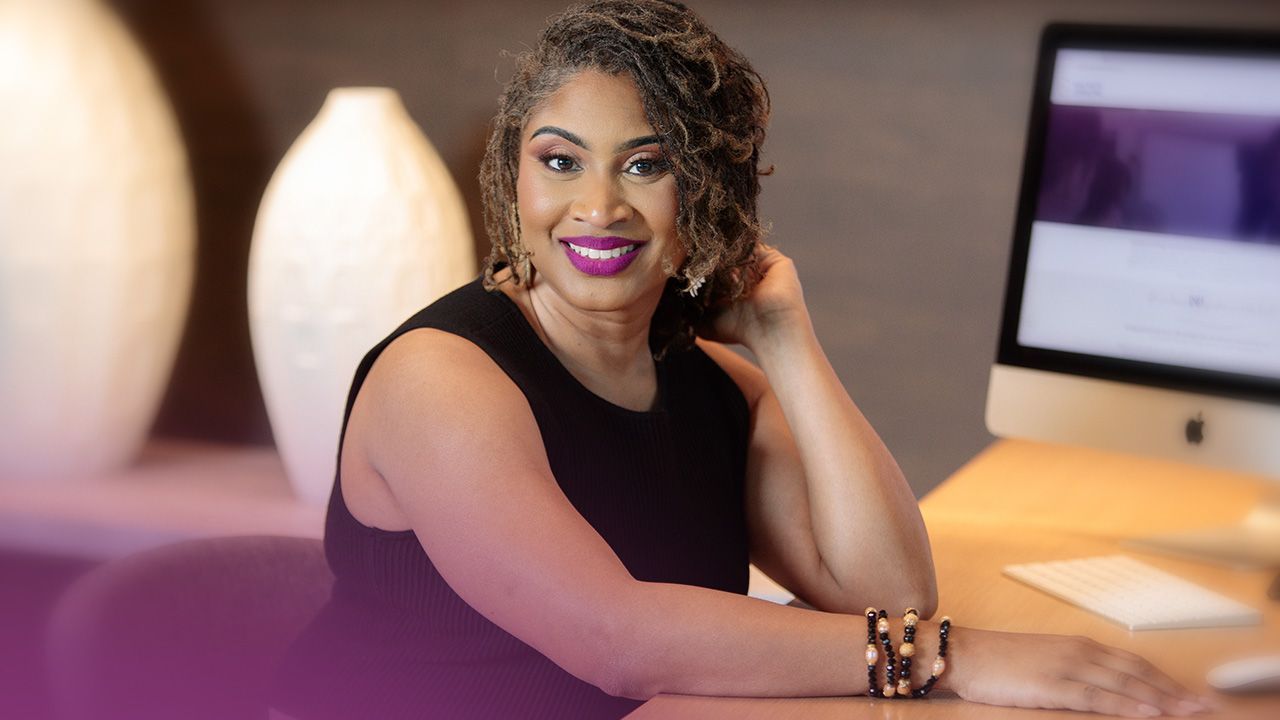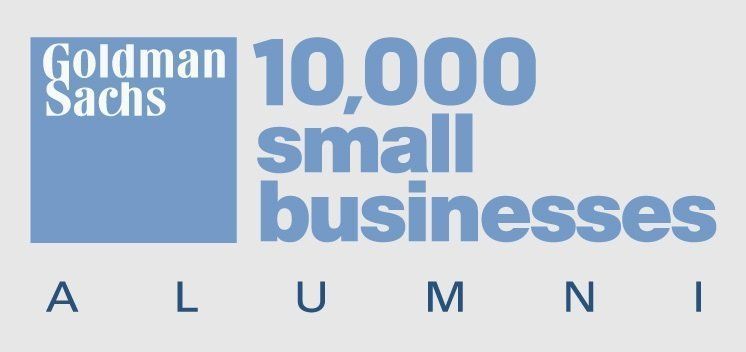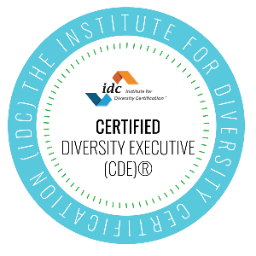4 Tips For Addressing Racism During These Tense And Trying Times
Right now, the world is experiencing a tough, emotional, and taxing time—especially for Black people.
Many people don’t realize that doing the work of Diversity, Equity, and Inclusion every day is already very emotionally taxing and that discomfort and pain is only growing with the recent murders and international protests.
So many businesses, organizations, and leaders are frantically reaching out to seek help navigating the race crisis. These requests include critiquing their statements and communication strategies concerning #BlackLivesMatter and racial injustice—all compounded by the looming effects of COVID.
It makes work and life exhausting.
With the national protests over systemic racial injustices, the murders of George Floyd, Breona Taylor, Ahmaud Arbery, and so many other Black Americans, the United States is activating, responding, and expressing their anger in a myriad of ways.
In regards to DEI, I know there is intense historical trauma and emotional weight that goes along with the work I do. And I believe there is also extreme value to this work.
To start off, I’m making a request: please have some extra grace and hold space for your Black friends and coworkers who have been fighting this fight for a long time. Even though we are grateful for support, this burden is heavy.
For this post, I want to share some tips, thoughts, and resources on how non-Black leaders, can be an ally and advocate during these difficult times. And I want to share how you can better understand what is going on with the Black community.
What are the right words?
First off, the right words about this situation don’t exist. The situation, which has been going on far too long, is traumatic, trying, and difficult.
What’s disheartening is that it’s hard to separate political issues now, because it’s exasperating. Our current leadership is not supporting or encouraging major efforts of unity. This is creating greater challenges in business and society.
I would love for us to take this out of the political situation and make it just about humanity.
Although what’s going on right now seems like it has everything to do with the murder of George Floyd, it actually has everything to do with the past 400 years of institutionalized racism in the United States.
George’s life was extremely important, and what happened to him is so tragic, but this current situation is just a byproduct of a longer, more complex history.
The best thing I know to do during these times is to share a small bit of insight and direct people to key resources that can help them understand better the lived experiences of Black people.
Here are four things people can do to get a better grasp of the current situation:
1. Educate Yourself
2. Speak Out About The Facts You Learn
3. Sit With Your Discomfort
4. Take Action
EDUCATE YOURSELF:
Right now, a lot of Black people are not in a position, emotionally, to help educate White people about the topic of racism, protest, riot, and reform. That in and of itself exacerbates the emotionally taxing ordeal.
There exists an already pent up frustration that we as Blacks have to constantly explain why we need to protect our freedoms, our lives, and demand equality and equity.
So when people come to us for education (even if they are 100% well-meaning) it can be taxing and tiring. When the conversation is broached, it needs to be handled with a heightened level of sensitivity that allows the person you’re trying to assist knowledge from to have space.
For those who don’t know what to say, try this:
“I don’t have all the answers but I am committed to being a voice for the unheard.”
This is important because it is unassuming and does not place the full burden of responsibility on the person you are seeking direction from.
Say those words—and we can figure out the rest together.
This is an excellent opportunity to explore your own self-education on the subject. It’s incredible that within a week of the protests, some top books like “White Fragility” by Robin DeAngelo and “How To Be an Anti-Racist” by Ibram X. Kendi are already sold out and backordered across the internet.
Besides the most popular books, there are still hundreds of other resources. Anti-racist resources abound.
If people aren’t willing to go the extra mile to learn for themselves, they are using that as a crutch and an excuse. I have seen posts where people have shared tons of articles and books. There are already many thought leaders directly in this space who produce rich content routinely. It’s easy to seek out and begin to learn.
To make it even easier—here is a thorough variety of resources from Books to Documentaries to Podcasts, Articles, and more.
SPEAK OUT ABOUT THE FACTS YOU LEARN
Two famous MLK quotes are:
“Our lives begin to end the day we become silent about things that matter.”
“In the end, we will remember not the words of our enemies, but the silence of our friends.”
To be silent right now is not an option. Silence means complicity in the institutions that have created disenfranchisement, and frankly death, for minorities.
Say something about this situation, but be thoughtful in how you are engaging people. You need to be aware of the burden that POC experience, even when trying to educate and support those who want to educate and support. It can create even more oppression and suffering by having to explain why we are so angry, hurt, and scared for our lives.
Here’s an example of a positive way to speak out or reach out.
I have a former client and colleague, who is a White man, and he sent me a note saying:
“I acknowledge my privilege and I acknowledge the path forward can not remain the status quo. What can I do—that you can’t do or don’t wish to do—to protect your peace that would be useful?”
This brought me to tears. It was a thoughtful, considerate, and caring message that made me feel seen and valued, showed support and solidarity, and provided opportunity for him to learn and act.
It was recognition that from his perspective, “Hey, this is on me as the person of privilege, but I don’t want to just go do anything. I want to stand in solidarity and support and I don’t want to be silent. So let me take that burden off of you.”
That meant a lot. I would encourage others who are well-meaning to reach out to those you wish to support with similar messaging.
There is so much hatred and anger out there. Right now, there may be many Black people who are coming out categorizing all White people as bad or racist, coming from a place of anger and hurt.
For me, this client and colleague’s message highlighted that even as emotional as I am about what’s happening to my people, I can never let any person make me forget about the good in people. I know those people exist. Even in my exhaustion, I remain hopeful in the goodness of good people.
So, if you want to say something, you need to carry a part of that burden. Speak out and learn on your own so you don’t have Black people even more oppressed by having to explain the so called extreme measures being perceived as unruly and downright intolerable.
Yes, acknowledgement of racism is uncomfortable. Riots and violence are uncomfortable—but racism is also uncomfortable. It’s hard for people to not understand how someone could be led to certain measures of what’s perceived as extreme because they’ve been privileged from being shielded to ever having to think about those things.
So, as you learn, and feel more discomfort, share this with your non-Black friends. Share that list of resources and speak up and start to spread the awareness and education of this situation.
SIT WITH YOUR DISCOMFORT
Perhaps the trickiest part of my advice is for you to sit with your level of pain and discomfort for a while.
This pain needs to permeate. This pain and discomfort is probably the closest a non-Black person can get in order to experience the pain that Black people have always experienced.
Don’t try to rush to a fast solution. Sometimes the inner sensation of moving past to a fast solution is that we’re hearing, “I want to stop feeling guilty. I want to stop feeling shame.”
I believe those feelings can be powerful to move people toward a more intentional, thoughtful, and productive behavior and mindset.
So, I do think this discomfort is what we need. We need everyone feeling this. Change often comes from discomfort.
Today, I spent my day reading supportive posts and messages from White friends who want to support. Rather than respond, I’ve been asking my friends to respect my time to sit with this and experience it. And then I can direct them to resources.
Don’t try to escape this too quickly. Be willing to sit with this for a moment. Hopefully this pain and discomfort can help create a shift and change.
TAKE ACTION
This can often be the most difficult step. But it is the most important. It can be hard enough for many people to sit with discomfort, educate, and learn about the system of institutionalized racism and the disenfranchisement of Black people.
But taking action is an even larger step. And you must do it.
It is one thing to speak out and denounce racism, along with the recent unjust acts that have occurred. It is another thing to speak about advocating for Black and Brown lives if your organization does not have the optics in place for society to see that you do in fact value Black and Brown people. This can be seen in regards to your actions in hiring, leadership, and company communication.
What does taking action look like—especially in a DEI scenario?
• Hire and have Black people on your leadership team, in senior positions, on your board
• Pay Black people the same wages
• Promote Black people
• Listen to Black people
• Value Black people
• Vote and promote for a more just and equitable policies
• Ensure cultural competency in your business and organization
We need to speak up more and act more. We need to realize that anytime a voice speaks up, no matter the voice, it is slowly chipping away the power that has been attached to structural racism.
Organizations can try to dance around racial injustices by putting it in the context of DEI. But you can not truly celebrate DEI if you are denying the disparities exist, if you are denying the injustices that happen every day.
What are we doing to impact children and those who are in our sphere of influence? How can we raise a generation that is more thoughtful about antiracism?
A lot of people like to turn a naked eye to our history and think it’s “over and done with” and ask, why can’t we just move forward? This current scenario in our country is why we can’t. It’s systematic, deeply entrenched, and ingrained in culture. And only through education and action can this change.
I think it’s time for us as citizens to call out those organizations who are just producing to “jump on the bandwagon” and not ringing true. And it’s time for us to support Blacks in the business and political world and make sure our actions align with our integrity.
Looking To The Future
I’ve always tried to be a DEI practitioner who is very objective. I would never want someone to look at my work and see it as pushing one main agenda.
For me, the one main agenda is humanity. I’ve seen some people comment on playing the race card and try to bring up a long history of systemic racism and I think that’s just a threat. A threat to make people silent.
There’s no denying that what’s happening now is that our race relations have not gotten to a place where they should be.
I want people to stop dismissing our pain and our experience as people of color—to expect someone to remain calm under these circumstances is a direct reflection of privilege.
Honestly, I’m exhausted from debating people. There are things I could’ve shared here that I’m tired of sharing. I’m tired of justifying my thoughts.
It requires too much emotional toll on the oppressed person.
We are in a global pandemic and you have people protesting to fight for their lives because they see that systemic racism and murder of Black lives as a bigger threat.
When people are more concerned about Black lives than distancing because of the pandemic… they are doing it because they realize the stakes are HIGH for us right now.
With all that said, I do think we can make a change. We can still move forward. If non-Blacks can take some of these steps I’ve shared, I think it will continue to chip at structural racism and move the needle toward a more just and equitable world.
So, what are you doing to educate yourself, sit with the situation, and take action in these times?






